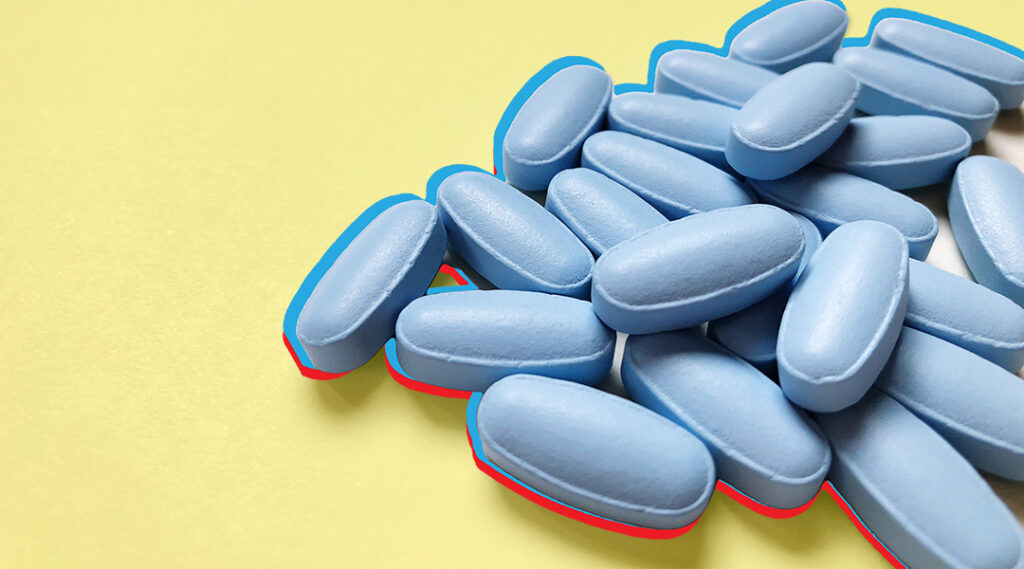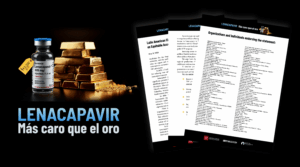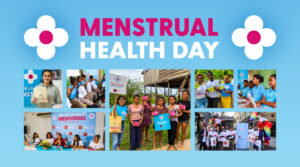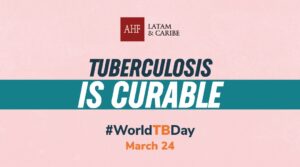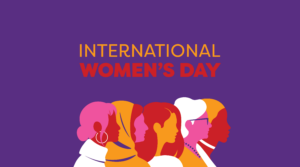A study that analyzed the use of an antibiotic taken after unprotected sexual contact was suspended a year earlier than expected, as the drug demonstrated clear effectiveness in ending 66% of sexually transmitted infections.
The results of this research were presented during the 24th International AIDS Conference, held at the beginning of August in Montreal, Canada, with a hybrid format after two editions that had had to be carried out completely virtual, due to the health emergency due to COVID-19.
Strong results
The research, funded by the University of California at San Francisco, analyzed the incidence of gonorrhea, chlamydia and syphilis in 501 people (a group made up of gay and bisexual men and transgender women).
According to the specialized portal Aidsmap.com, 327 participants were negative for HIV and taking Pre-Exposure Prophylaxis (PrEP), the treatment capable of preventing HIV infection. On the other hand, 174 participants were living with HIV.
Two-thirds of the participants received the antibiotic doxycycline after unprotected sexual contact, while one-third of the total did not receive the drug. The results showed that doxycycline reduced the risk of the sexually transmitted infections (STIs) studied by 66%.
Although the study was scheduled to end in May 2023, at the midterm review in May this year that the research team deemed it necessary to stop the study. Due to the efficacy of so high that it would be unethical to continue with the experiment, particularly for the so-called “control arm”, that is, the group that did not receive doxycycline, which would have continued to expose itself to contracting STIs.
In HIV-negative people, treatment efficacy was 66%. In those living with HIV, the efficacy was slightly lower, at 62%, but this figure is still highly significant.
A known drug
The study, called DoxyPeP, was carried out using doxycycline, a drug whose low price and relatively long half-life were already well known, although it is not commonly used to treat STIs. It is only used for this purpose in cases where people with chlamydia or syphilis are allergic to the most commonly used drugs, which are azithromycin and penicillin, respectively.
It has also been used as a preventive daily treatment for other illnesses, primarily malaria, so it is commonly prescribed for people traveling to areas where malaria is endemic.
So far no certainty that doxycycline could work as Post-Exposure Prophylaxis (PEP), that is, taken after unprotected sex. A couple of studies had been carried out, one in the United States (2015) and one in France (2017), but both had proven its effectiveness when taken as PrEP, meaning, before sex.
In these earlier studies, doxycycline had been successful in reducing the incidence of syphilis, but had no effect on chlamydia or gonorrhea. Then was attributed to the fact that there are many strains of gonorrhea that are resistant to doxycycline.
For this reason, the good news is that the three STIs under investigation have been reduced in this study, both in people with HIV and without it.
The research team concluded that these results open broader possible use of doxycycline as a preventive treatment for STIs. In addition, the doses after unprotected sex are lower than those that would have to be taken beforehand, so PEP would be cheaper and would involve less risk of developing resistance to this antibiotic.
And while medical advances continue to help protect sexual health, we can continue to rely on the tool that has proven highly effective against HIV and other STIs: the condom.
Remember that at AHF Latin America and the Caribbean we offer you free condoms and free HIV tests, so you can take maximum care of your health. Find our closest office to you and make your appointment to learn about our services.

